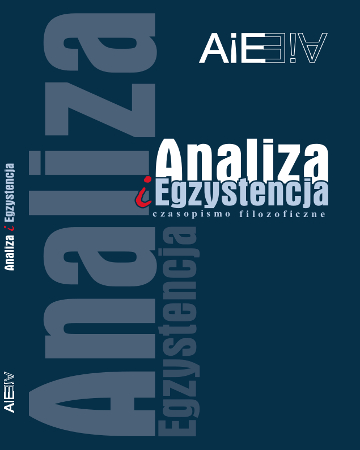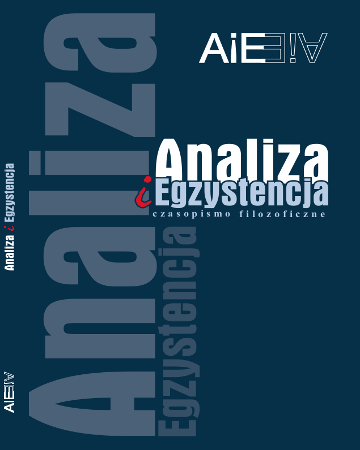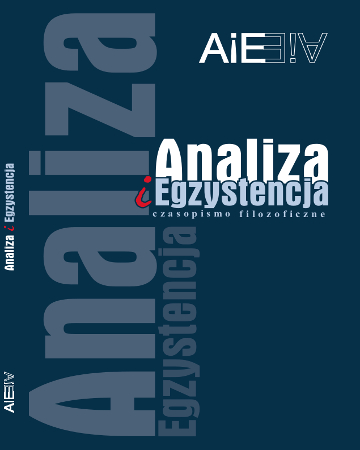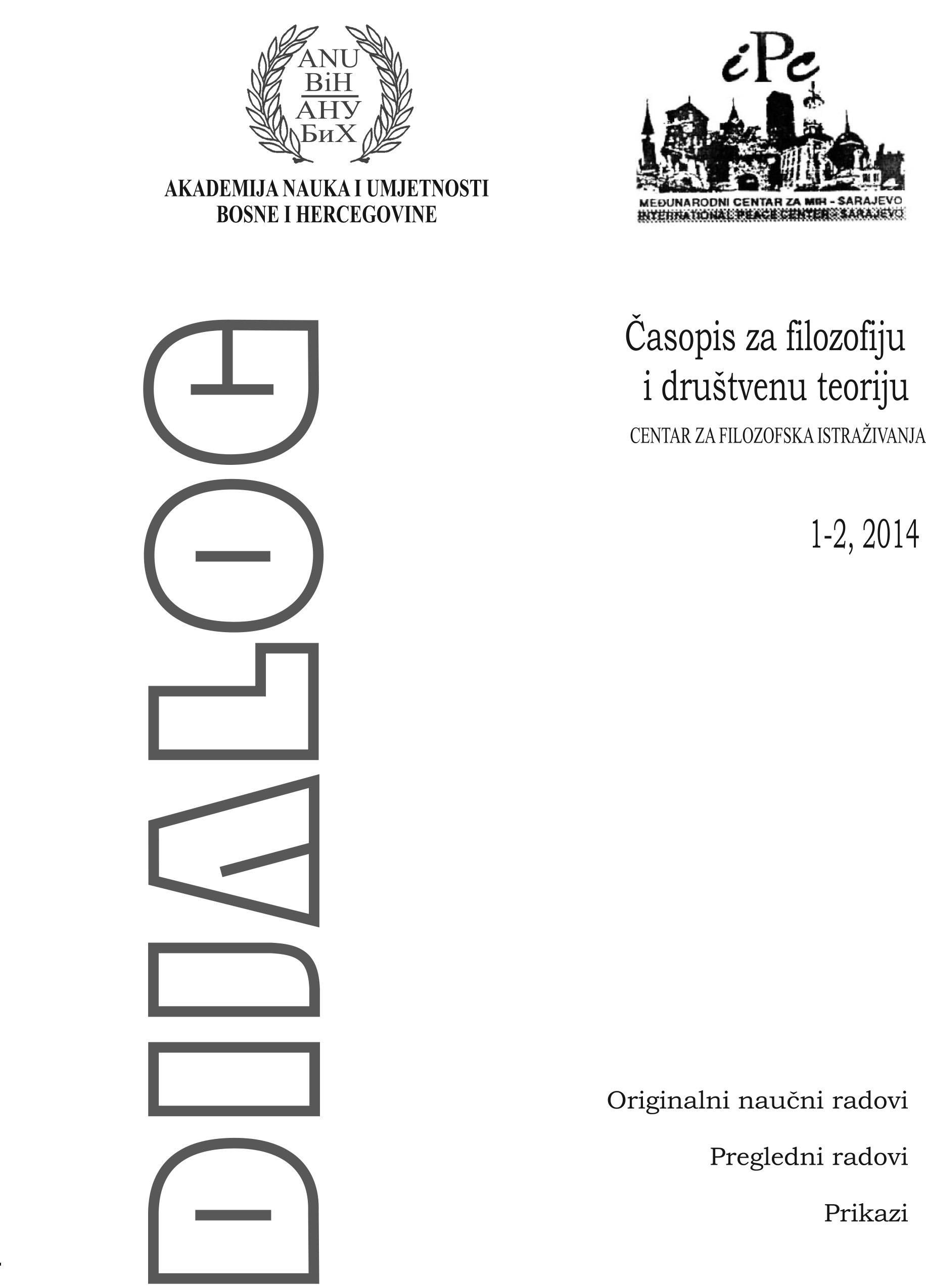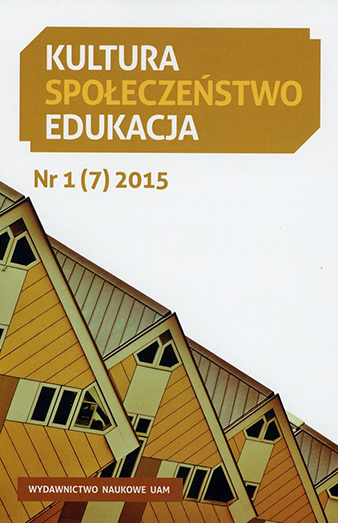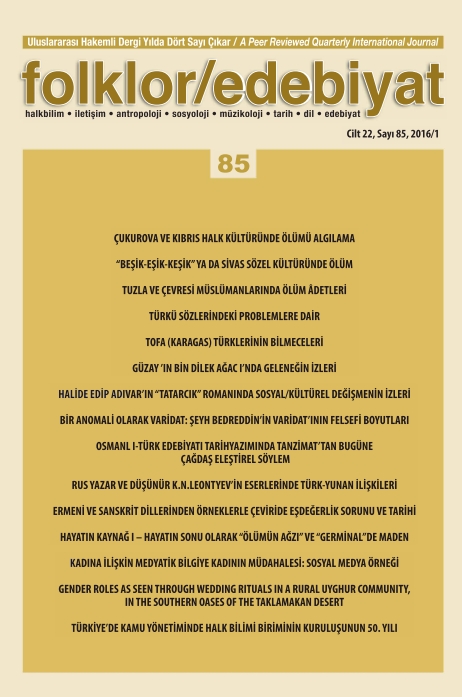УЧАСТНИКИ, ИГРОКИ, ГЕРОИ И ПЕРСОНАЖИ РЕАЛИТИ-ШОУ: СПЕЦИФИКА ДИФФЕРЕНЦИАЦИИ
In this article, we for the first time formulate the problem of naming participants of a reality show. The definitions of the names participant, hero, character and player are regarded in the philosophical and cultural aspect. These concepts have complex semantic relations –from synonymous to paradoxical and antagonistic. We show that reality show is a deep ontological and existential problem of self-imitating world and man, which lose the basis and essence of understanding as such and are almost devoid of the ability to understand.
More...
